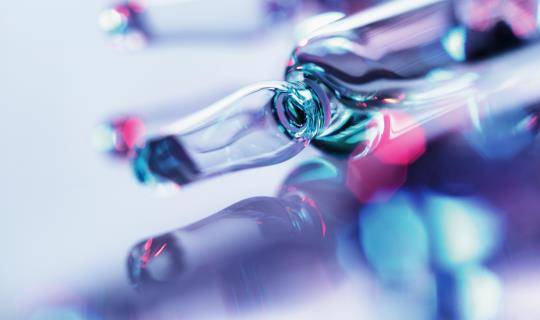Article: New Zealand - A Country Focus
By World Courier
This article first appeared on the Journal for Clinical Studies, Oct 2015
New Zealand is a water-locked country comprising the North Island, or Te Ika-a-Māui, and the South Island, or Te Waipounamu, and numerous smaller islands. There are 4.5 million inhabitants, not including hobbits (who are only there when NZ-ian Peter Jackson is filming) or the 70 million sheep which have multiplied from those set ashore by Captain Cook in 1773. Because of its remoteness, it was one of the last lands to be settled by humans. There are individual trees which have been around longer than humans.
The country has produced many high achievers, including Sir Edmund Hillary who conquered Mt Everest in 1953, AJ Hackett who introduced the bungee jump, Lord Rutherford who managed to split the atom, and Maurice Wilkins who was jointly awarded the 1962 Nobel Prize for Physiology or Medicine with Watson and Crick, “for their discoveries concerning the molecular structure of nucleic acids and its significance for information transfer in living material” for his x-ray crystallography of DNA.
Other credits include the referee’s whistle, the eggbeater, the electric fence (for the sheep, obviously), disposable syringes and the national dessert – the pavlova.
The official languages are English, Māori and New Zealand Sign Language, with English predominant. New Zealand is a member of the United Nations, Commonwealth of Nations, ANZUS, Organisation for Economic Co-operation and Development, Pacific Islands Forum, and Asia-Pacific Economic Cooperation.
New Zealand has experienced a series of “brain drains” since the 1970s. Nearly one-quarter of highly-skilled workers live overseas, mostly in Australia and Britain. In recent years, however, a “brain gain” has brought in educated professionals from Europe and lesser-developed countries. Life expectancy for New Zealanders in 2012 was 84 years for females, and 80.2 years for males, putting them equal 9th globally. New Zealand is considered the fourth most peaceful country in the world according to the 2014 Global Peace Index.
There have been approximately 1300 clinical studies, on many standard developed world conditions and orphan diseases, due to the predominantly European demographic of the population. More than 500 are actively recruiting according to http://clinicaltrials. health.nz/.
There is a mutual recognition agreement between the EU and New Zealand allowing straightforward importation of manufactured APIs and finished drugs into the EU. The local legislation covering all aspects of manufacture and distribution is the New Zealand Code of Good Manufacturing Process for Manufacture and Distribution of Therapeutic Goods, which is administered by the New Zealand Medicines and Medical Devices Safety Authority (Medsafe). There is a single abbreviated process for eligible clinical trials to streamline applications. Certified clinical trial sites are registered with Medsafe. Approvals for eligible trials will be issued within five working days. New Zealand is a participating authority in the Pharmaceutical Inspection Cooperation Scheme (PIC/s) and uses the PIC/s current GMP guide as the New Zealand code for inspection.
Importing into New Zealand requires simple paperwork:
Import License:
Clinical trial drugs:
The importer must have a Medsafe approval letter
The Medsafe approval letter states the protocol, drug name and the approved investigator sites.
Import Permit:
A MOH (Ministry of Health) Import Permit is required for controlled drugs, e.g. morphine. Private medication requires a copy of the prescription from a doctor confirming the shipment is for personal use, and the reason.
Invoice MUST be on company letterhead and state:
- Shipper details
- Consignee details (importer of record, if different to consignee)
- Description of the goods
- Harmonised tariff code
- Value & currency (NCV is not acceptable)
- Incoterms
- Country of origin
- Reason for sending
- Signature required
Customs are open 24/7. Clearance can take up to four hours. However, Customs pre-clearance (start at flight departure) is not possible when quarantine clearance is required, which includes pharmaceuticals (investigational), medical supplies/kits (containing drug). Quarantine clearance can only be obtained during MPI (Ministry for Primary Industry) operating hours, which are Mon-Fri 0800-1700, and starts at flight arrival.
New Zealand offers a different destination for clinical trials to take place, but with a familiar ethnicity to participants providing pertinent data which can be applied to a standard North American and European demographic, with a very similar set of regulatory requirements. The only factor which might limit participation is the distance and time difference, which should not be a barrier for any practical purposes


.jpg?h=320&iar=0&w=540&useCustomFunctions=1¢erCrop=1&hash=FFAD46B50DC7BAF96943931DC619FE9D)
